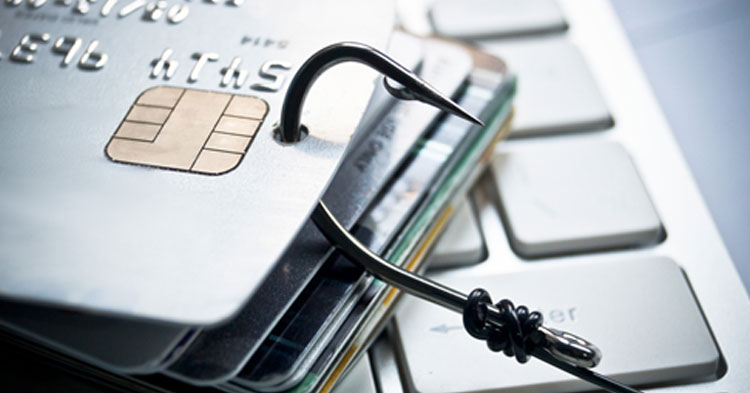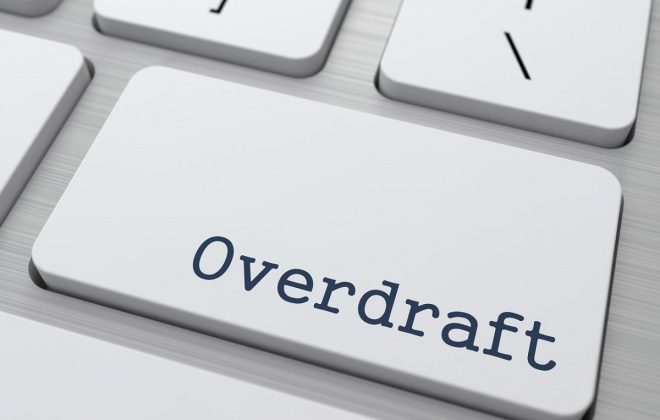How to Build a Good Credit Rating
Your credit history is a record of how you’ve used and managed credit throughout your life. Having a bad credit record can affect you in many unfortunate ways, such as not being able to get a certain job, or buy a home or access funds to finance your education.
Whenever you do anything involving credit, from using a credit or retail store card to applying for a loan, your credit activities are recorded in your credit report. Any credit provider (and even a potential employer) will look into your credit report to evaluate whether or not you’re eligible to receive additional credit (or even land that job).
In order to build a good credit rating (and boost your credit score and access to more credit) you need to use and manage credit responsibly.
But how do you do this? Below are some of the most basic ways in which you can manage credit wisely and work your way torwards having a good credit rating.
1. Spend only what you can afford.
Don’t ever get into the habit of spending money you don’t have or taking out a loan you can’t afford.
Making sure you only use credit you can afford to pay back indicates to potential lenders and credit providers that you manage credit responsibly and are therefore a worthy candidate for additional credit, should it be required.
2. Don’t use the maximum amount of credit available to you.
With regards to using credit cards, never max them out. Doing so is usually an indication that you aren’t using your available credit wisely.
Credit providers understand that people who max out their credit cards are generally unable to meet their full debt repayment obligations.
3. Pay on time.
Failing to make your credit repayments on time can quickly become a major problem. If you know you’re not going to be able to make a payment on time contact the credit provider in question and inform them. In most cases, credit providers will be willing to negotiate more suitable payment terms that benefit both you and them.
4. Don’t apply for too much credit at once.
To build and maintain a good credit rating you need to have credit facilities and use them (credit cards, loans, store accounts etc.) wisely.
But applying for too much credit in a short space of time can actually have a negative effect on your credit rating. It’s best to establish different lines of credit over time.
5. Know your score.
Make sure you get your credit report and have a solid understanding of all the information that’s contained therein. Your credit report will list all the information relevant to your credit history and will indicate opportunities for you to boost your overall credit score.
Following these simple tips will mean that you can achieve a good credit rating, which opens up many opportunities for you in the future.
MoneyShop





